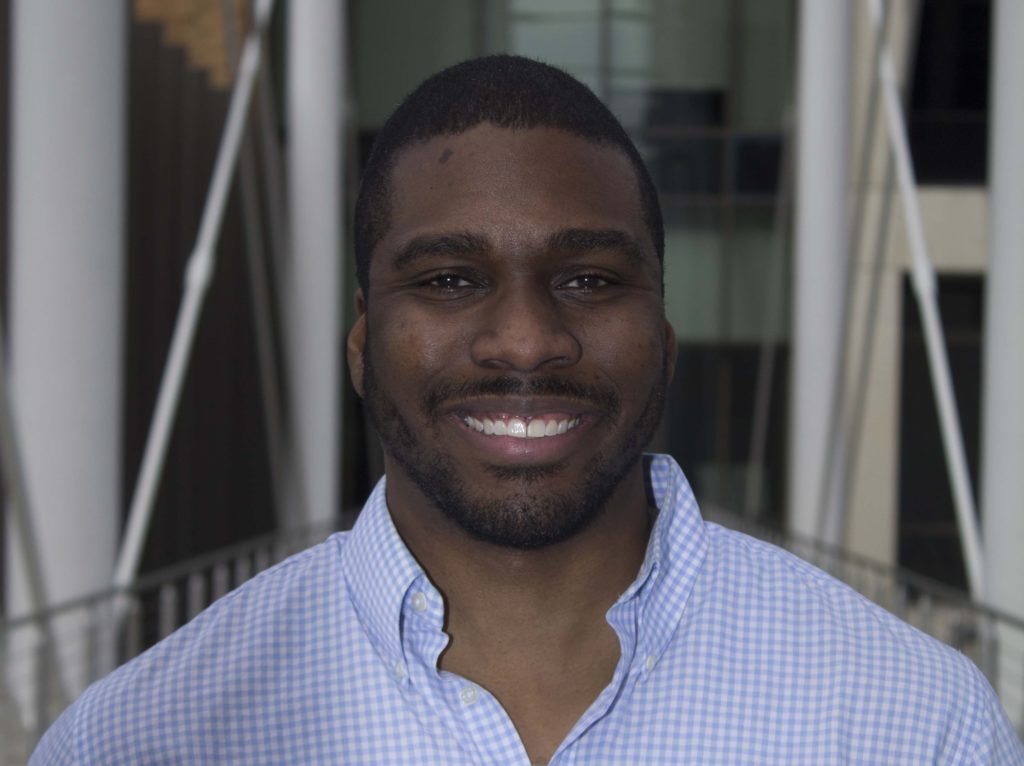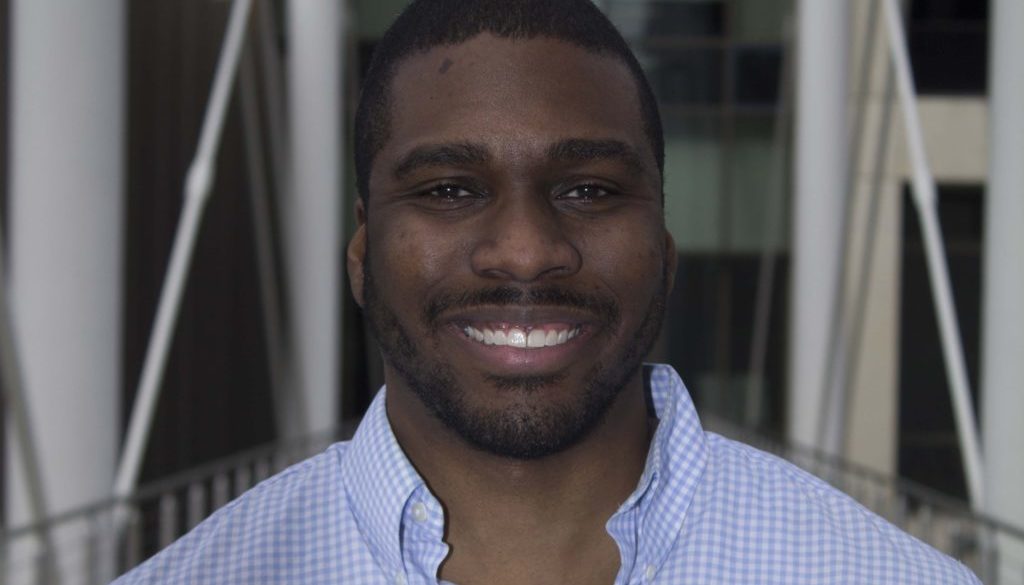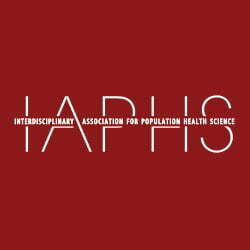The Future of Population Health: Student Spotlight
IAPHS Staff Allen Mallory, Student Board Member
Allen Mallory, Student Board Member
IAPHS Executive Director Chris Bachrach recently interviewed Allen Mallory, who serves as the student representative to the IAPHS Board. Allen is a second-year doctoral candidate in Human Development and Family Sciences at the University of Texas at Austin and an NICHD Predoctoral Trainee at the Population Research Center there. He has a master’s degree in Couple and Family Therapy from Kansas State University and joined IAPHS in 2016. An academic career is most likely for Allen, but he is open to other possibilities.
Chris: Allen, tell me about your interests in population health.
Allen: Sure. My research is focused on understanding the risk and protective factors for the health of sexual and gender minorities. In my past work, I’ve examined risk markers for intimate partner violence. Currently, I’ve got two main research areas going, both related to understanding the mechanisms of health disparities in LBGT populations. One links the stress of coming out to depressive symptoms from late adolescence to young adulthood. The other looks at structural factors, including source of federal funding, state policy and the percentage of schools in a state that have LGBT inclusive sexual health education, and if they are linked with risky sexual behaviors among adolescents. My dissertation will look at the relationship between race, gender, and sexual identity discrimination and changes in mental health over time – something I’ll ultimately try to replicate in three different datasets.
Chris: Do you think of yourself as an interdisciplinary scientist?
Allen: Absolutely. My doctoral program is already interdisciplinary, but I have been stretched even further by getting involved with the Population Research Center. The Center has introduced me to lots of people in different capacities. I have taken courses with sociologists and demographers such as Abby Weitzman, Tetyana Pudrovska, Becky Petit, and Alex Weinrab. I was involved in a collaboration funded by the university to encourage interdisciplinary research on discrimination and health disparities, and this introduced me to people from the Dell Medical School, Social Work, Nursing, Epidemiology, Educational Psychology, and other fields. I worked directly with some of the faculty and post-doctoral scholars to develop research projects, but also learned quite a bit about disciplinary approaches for addressing health disparities and a wide variety of research and community efforts being conducted in different fields to address health disparities.
Chris: Why did you join IAPHS?
Allen: I hadn’t encountered any other organization like it. It puts interdisciplinary science at the forefront and combines that with a focus on public health. It promotes innovative ways to address health issues and to communicate science to the public. It is exciting to be part of an organization that focuses on addressing population health by leveraging the synergy that can emerge from interdisciplinary collaborations. I love the opportunities to connect with scholars from different disciplines. And I love the opportunities for mentoring. There are the Roundtables at the meetings, but I’m also looking forward to new activities that are being planned.
Chris: Was the Austin meeting your first IAPHS conference? How did it compare with others you’ve attended?
Allen: It was my first. I thought the quality of the research was great. I attended a session on LBG health chaired by Ilan Mayer; I felt I was seeing cutting edge research in this field. The other thing about IAPHS conferences are that they are so friendly. It was easy to get to know people I hadn’t met before – even big name researchers who are much more accessible than at other conferences.
Chris: How is it being on the IAPHS Board? Is the Board doing enough for students and early career scientists?
Allen: It is very interesting to be part of the Board of an organization that is still developing. So far, we’ve focused on the transition of the organization to professional management. But, as you know, there are exciting new projects underway – setting up preconference workshops and a formal mentoring program. I really hope these get funded and launched.
Chris: Would you advise other students to serve on the Board?
Allen: It’s a great opportunity to have a voice in how an organization is formed and shaped! I feel like the other Board members want to hear my perspective and are invested in ensuring students are involved and benefit from their affiliation with IAPHS.
Chris: Imagine we are some years off in the future and you’ve just made full professor. What do you want IAPHS to look like then?
Allen: I want it to be seen as the go-to organization for fostering cross-disciplinary work in health, on a par with other national organizations. I’d like to see it drawing on a strong evidence base in advocating for improved health. But I’d also want it to remain an organization that students would want to be involved in and would seek out to integrate diverse perspectives into their doctoral training.
Chris: Allen, thank you for this interview and for your outstanding service to the IAPHS Board!






All comments will be reviewed and posted if substantive and of general interest to IAPHS readers.